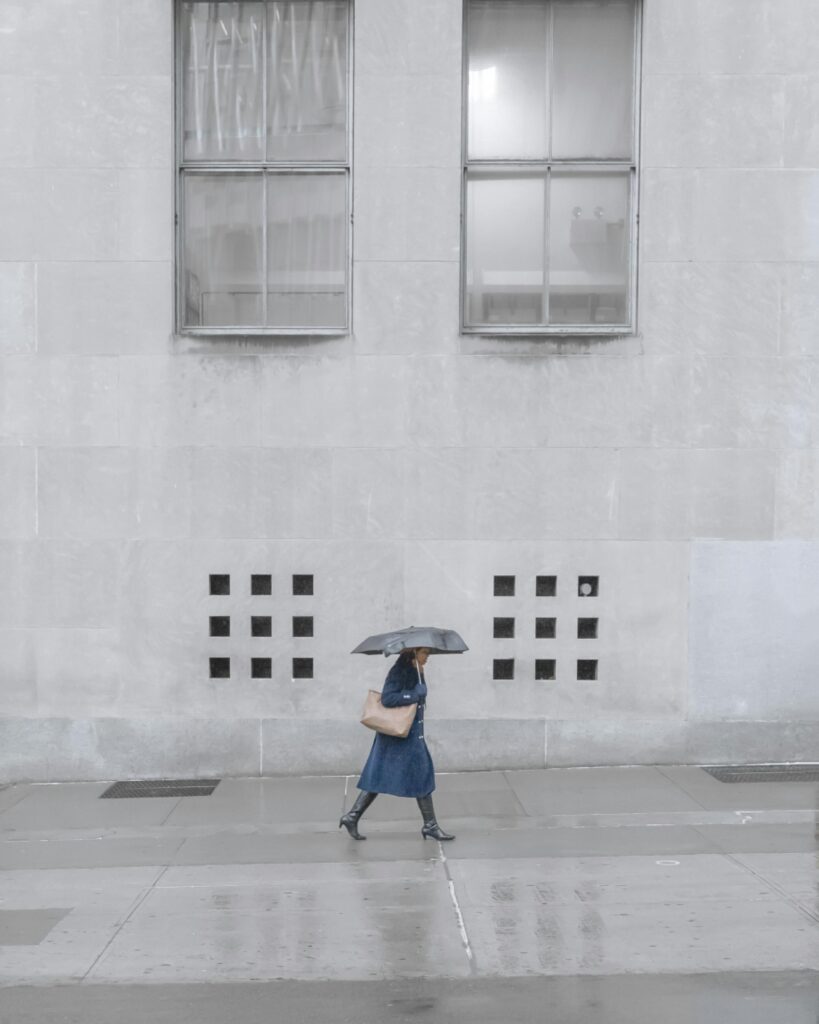
Advantages of Stamped Concrete for Residential Walkways
Residential walkways can add a whole new level of curb appeal to your home. They’re also a safer and more convenient option than walking on grass, rock or gravel.
Compared to other paving materials, stamped concrete is relatively affordable and easy to maintain. It only requires occasional cleaning and resealing to prevent weather and stain damage.
Curb Appeal
Concrete patios, walkways, and driveways are popular home improvement projects that offer great returns on investment. Cleveland Cement recognizes the enduring appeal of stamped concrete, providing homeowners with an affordable option that mimics the timeless beauty of stone, cobblestone, and brick. Stamped concrete, also known as textured or imprinted concrete, replicates the look of various building materials such as pavers, slate, flagstone, tile, and wood. It can be colored in a variety of shades, including grays and earth tones, as well as stained or antiqued to achieve the desired aesthetic.
Cleveland Cement understands the importance of customization, allowing homeowners to incorporate unique patterns, textures, and borders into their projects. This approach creates a distinctive walkway that harmonizes with the architecture or the surrounding landscape, ultimately enhancing curb appeal. However, it’s crucial to note that, unlike pavers and bricks, when a part of a concrete walkway installed by Cleveland Cement needs repair or replacement, it cannot be removed and replaced like individual blocks.
Durability
Although concrete is well-known for its durability, it will crack and break down eventually if not cared for properly. However, stamped concrete is far more resistant to cracking than pavers and can last for over 25 years with proper maintenance and care.
McEntee Construction mixes our concrete solutions with special additives to ensure the integrity of the finished product through changing weather and frequent usage. In addition, we recommend that your stamped concrete be laid down during sunny, clear weather to allow the surface to dry fully and to give it a day without use before walking on it.
While it is possible for homeowners to do their own stamped concrete installation, it is usually more cost-effective to hire a professional concrete contractor to complete the task. Concrete contractors have the experience and specialized tools to complete your walkway project quickly and efficiently, saving you both time and money in the long run. Plus, repairs and maintenance are much easier when done by professionals.
Low Maintenance
Many homeowners choose concrete because it can be more affordable than other materials like pavers and terra-cotta. It’s also a more durable option and requires less maintenance over the long haul, if properly sealed.
It’s also easy to keep clean, requiring only occasional sweeping and power washing. Typically, concrete can be resealed every couple of years to protect it from cracking, staining, fading and chemicals.
Versatility: Stamped concrete allows you to mimic the look of stone, wood or brick, providing endless possibilities to complement your home’s architectural style and landscape theme. Plus, unlike pavers that can shift over time, stamped concrete provides a solid surface resistant to cracking and shifting.
If you plan on selling your home in the future, a well-maintained stamped concrete patio or walkway can add value to your property. It looks great and will stand out against other homes on the market, making your home more appealing to potential buyers.
Affordable
Aesthetics are important to homeowners, but so is the return on investment of any home improvement project. Concrete is an affordable option for walkways that offers a high return on your investment.
Compared to materials like pavers, stamped concrete is much less expensive on a per-square-foot basis.
Stamped concrete can be colored, textured, and sealed to mimic the look of stone, brick, or cobblestone without the cost of those materials. It also requires less maintenance over time. Concrete only needs to be swept and hosed on a regular basis to keep it looking great.
However, it is prone to cracking in cold climates and can be slippery when wet. And if it does sustain damage, you may need to hire a professional to repair it. Because of these drawbacks, it is best to have a contractor install the concrete rather than trying a DIY project yourself. That way, you can rest assured that your project will be done correctly and up to code.